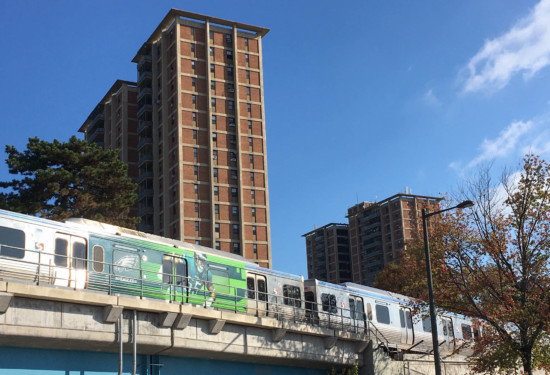School’s Out

A few universities, with the eager support of some conservative commentators and Republican politicians, have called in the cops to dismantle encampments and arrest demonstrating students and faculty. Even where students are violating university policy and “time, place, and manner restrictions,” the scenes from these crackdowns do not look particularly proportional or First Amendment-friendly.
Given the immediate concerns of protestors, the easiest historical parallel people have drawn is to the anti-Vietnam campus protests of half a century ago. Fortunately, no one has burned down an ROTC building or waylaid Robert McNamara’s car. Yet.
Occupy 2.0: The more apt comparison is to the Occupy Wall Street protests of the last decade. Left-wing demonstrators mad about the issue of the day (inequality then, Israel now) and disappointed with the insufficient radicalism of the Democrat in the White House are pitching tents and demanding change.
The awkwardness of progressives protesting the policies of a progressive administration has seen demonstrators focus most of their ire on institutions that are a little easier to criticize. For Occupy Wall Street, it was the banks. For today’s students, its university administrations and the Israeli government.
Like Occupy Wall Street, a single-issue protest is quickly devolving into a general criticism of society. Stopping the war in Gaza is now being linked to stopping gentrification in Los Angeles, “Cop City” in Atlanta, and climate change everywhere.
Odds are this protest movement will stick around for a while, both on the ground and in the discourse. It’s an election year after all, so emotions are running high. A re-do of the 2020 presidential election with the same unpopular, uninspiring candidates who can’t seem to talk about actual issues makes protesting a foreign war all the more enticing. The nice weather makes street politics all the more enjoyable.
The awful comments of some student demonstrators make easy fodder for Republicans sensing a wedge issue, particularly when the conservative election season critique of President Joe Biden is that he’s a non-entity unable, or unwilling, to maintain public order.
For people whose primary political interest is individual freedom, the best thing to do is keep a level head as we head into an early “summer of rage.”
One can dislike the rhetoric of campus protestors while still supporting their First Amendment rights. A commitment to free speech doesn’t require treating every protestor’s disruptive or violent actions as protected speech. A proportional response from law enforcement is always a must.
It’s okay to call balls and strikes without picking “a side.”
Presidential impunity? Away from the heated scenes on campus yesterday, in the slightly more tranquil U.S. Supreme Court chambers, justices heard oral arguments in the case of Trump v. United States.
The immediate issue here is whether the election interference case being brought against former President Donald Trump by Special Counsel Jack Smith is legitimate. To argue that it isn’t, the ex-president’s lawyers are making the audacious claim that the president has absolute immunity from prosecution for official acts that he takes while in office.
Justice Elena Kagan probed the limits of this theory by asking whether the president could be prosecuted for ordering the military to assassinate his political opponents. Trump’s lawyers argued he’d have to be impeached and removed before any criminal prosecution could happen.
On the flip side, Justices Neal Gorsuch and Brett Kavanaugh expressed concern that a president without some legal immunity could be prevented from governing by frivolous, politically motivated criminal prosecutions. Read a more comprehensive breakdown of the oral arguments from Reason‘s Jacob Sullum.


